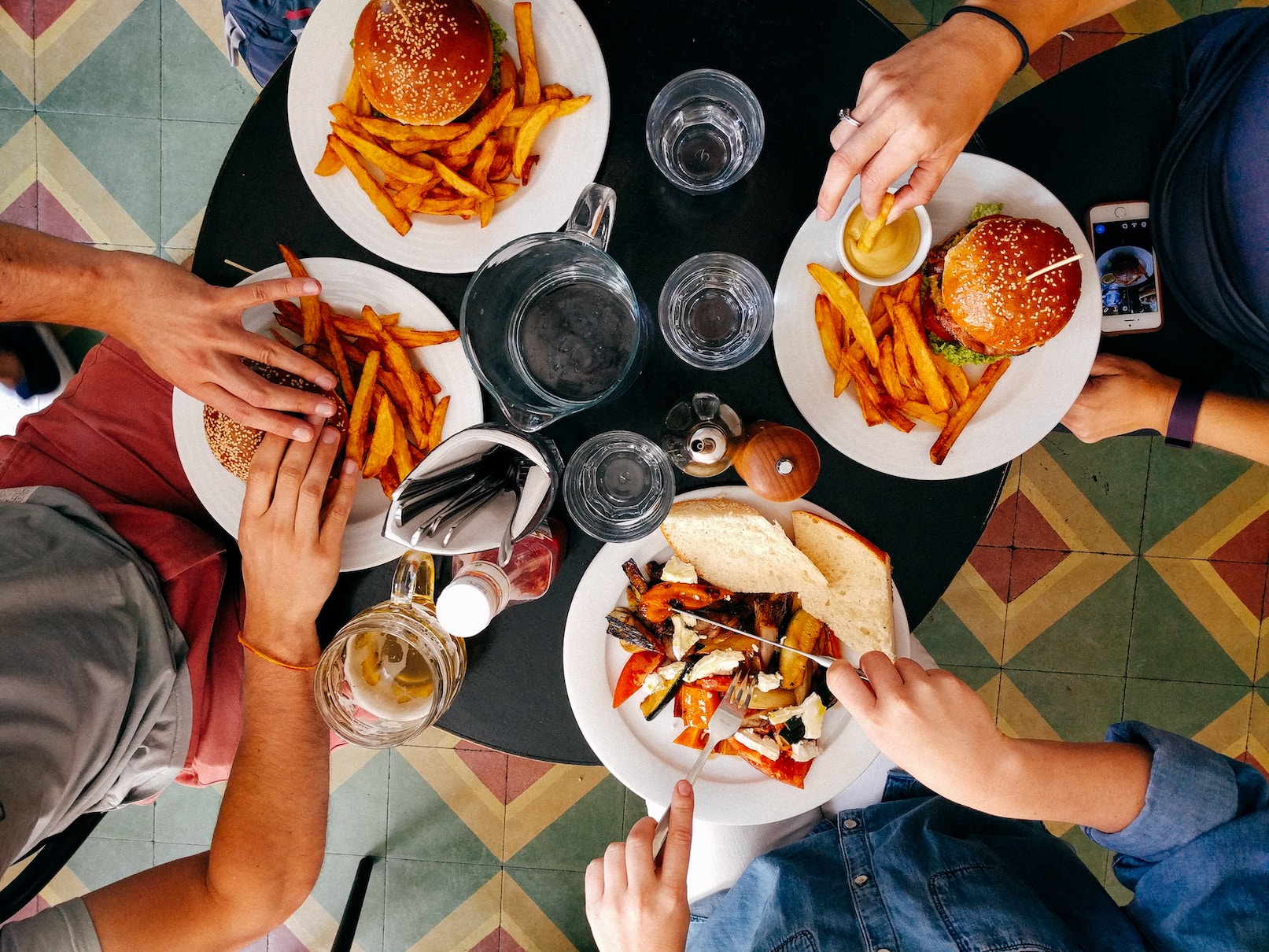Do you find yourself Overeating? Is it normal? Or a problem?
Think back to the last time you ate so much you felt absolutely stuffed. You wanted to open the top button of your pants/trousers. Were you loading up on turkey and potatoes at the holidays? Or devouring a huge chocolate cake to celebrate a friend’s birthday? Or were you at home alone, maybe at the end of a tough day?
How did you feel afterward? Were you simply annoyed that you overate and gave yourself a stomachache? Or were you tormented by guilt or shame?
Eating too much and eating for emotional reasons is normal, when it occurs every once in a while. According to Michelle May, MD, author of Eat What You Love, Love What You Eat, “From the moment we’re born, we’re nurtured with food, rewarded with food, and so emotional connections to food are normal.”
However, if you find yourself compulsively overeating i.e. overeating on a weekly basis or more, then this suggests that you have you need help and may be using food as their your only way of coping with negative emotions.
Is your relationship with food unhealthy?
- Do you feel your eating is “Out of your control?”
- Do you think about food all the time?
- Do you feel guilty, ashamed or depressed after eating?
If you answered yes to these questions, you most probably would benefit from professional help.
It is important to clarify if you are struggling with Binge Eating Disorder(BED). This is characterized by frequent and recurrent binge eating episodes with associated negative psychological and social problems, but without subsequent purging episodes (e.g. vomiting). Statistics suggest that BED is the most common eating disorder with about 2% of all adults exhibiting the symptoms of binge eating disorder. (www.healthyplace.com/eating-disorders/binge-eating).

Unfortunately, people dealing with this issue often feel too embarrassed and ashamed to seek help. Such feelings are normal when dealing with and eating or body issues and unfortunately perpetuate the problem. Try to focus on the benefits of seeking help and know that the professional acknowledge your courage and discomfort and will help you work through your feelings with unconditional acceptance and compassion.
Tips to help you Stop Overeating and Binge Eating:
Don’t Diet
Overeating or Bingeing might have made you gain weight, as it does for a lot of people. But trying to cut calories or not eating certain kinds of foods can trigger overeating, and that can make it harder for you to recover. It can lead to a cycle of dieting and overeating/bingeing that’s hard to break. With proper help, many people lose weight after they learn how to stop bingeing or overeating.
Choose food for fuel
Think about food as a source of nutrition and energy instead of something to relieve stress or to be avoided. It may seem hard at first, but you can change the way you feel as you improve your eating habits.

Make Regular Meals a Habit
Don’t skip meals. Being very hungry can make you more likely to overeat. It also ups the odds you’ll choose foods that are high in fat and sugar, which can trigger overeating and binging.
Eating throughout the day or grazing rather than eating all in one sitting may also help with overeating. You might choose not do this on a regular basis, but only when you’re feeling emotional, stressed, angry, lonely, tired or upset. Since most people tend to overeat for emotional reasons.
Keep Foods you Crave out of Sight
Don’t stock your fridge and pantry with foods high in sugar or fat, or with other treats that make you want to overeat e.g. ice cream, chips (crisps), chocolate, cookies, cake. Just having them in the home can be too tempting. Knowing you have them available can trigger overeating or start a binge.

Don’t stock up on food
Since most people tend to overeat and binge in private, keep only as much food as you need for a short period. Keep less food available, even the healthy kind in your home to prevent you from overeating.
Hopefully, you found this information helpful and feel encouraged and empowered to take control of your eating behavior. Maybe it helped decrease your self criticism about overeating or maybe it has helped to encourage you to talk to a trusted friend or professional about your struggles.
“You’re only as sick as your secrets” goes a saying in 12 step programs. That is why talking about our issues in a supportive environment is the first step in recovery.

